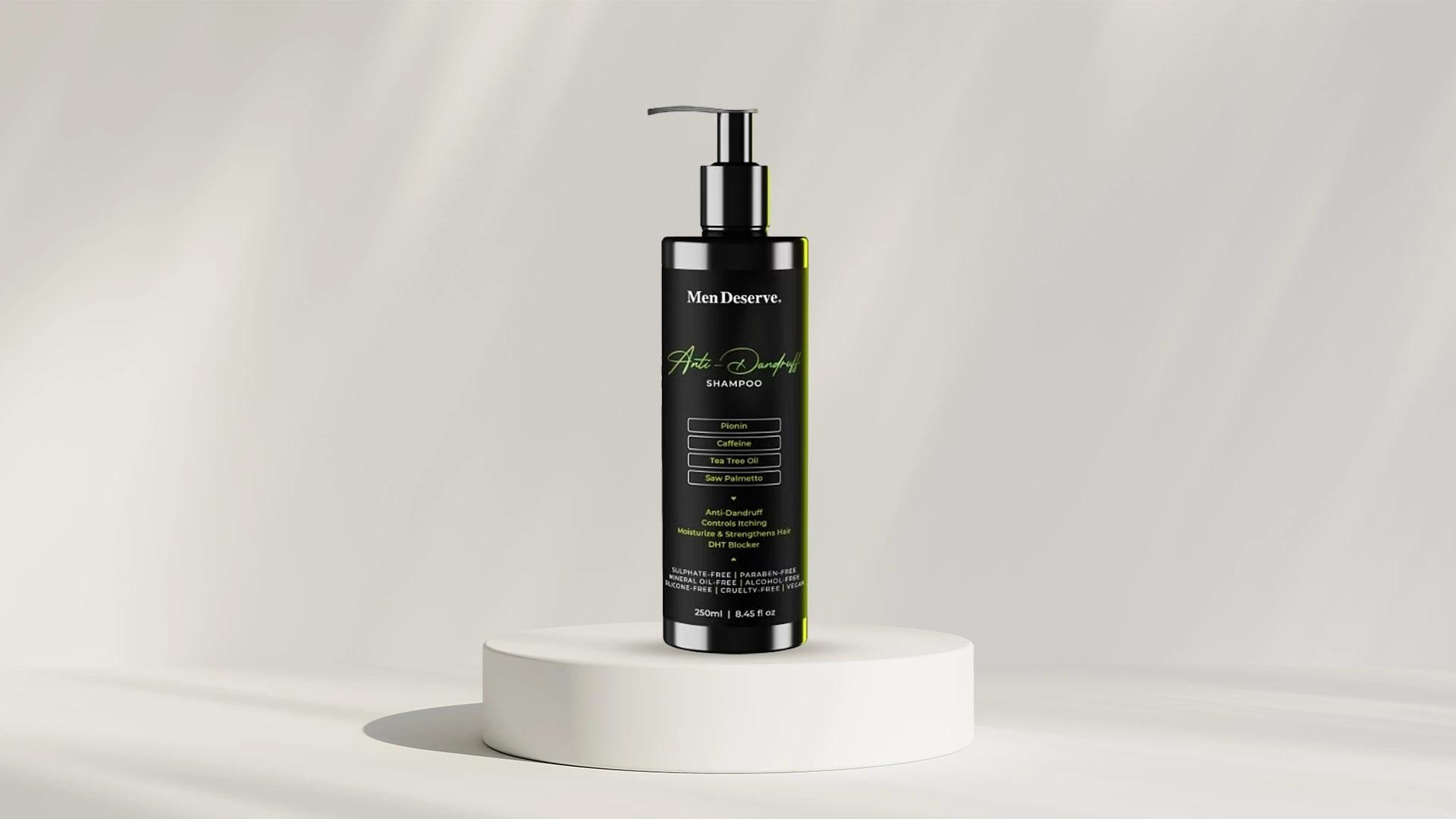Your hair type determines which natural ingredients will work best for you. Oily hair needs different care than dry or colour-treated strands. Understanding your specific needs helps narrow down the endless options and find your perfect match. The right natural shampoo should complement your hair's unique characteristics.
For Oily Hair
Look for clarifying ingredients like tea tree oil, lemon, or peppermint. These help control excess oil without over-drying. Clay-based formulas work brilliantly for deep cleansing whilst maintaining natural balance.
For Dry and Damaged Hair
Moisturising ingredients like coconut oil, shea butter, and glycerin are your friends. These nourish and repair damaged strands. Protein-rich formulas with quinoa or silk proteins help rebuild hair strength naturally.
For Colour-Treated Hair
Gentle, sulfate-free formulas protect your colour investment. Look for antioxidant-rich ingredients like pomegranate or green tea. These help preserve vibrancy whilst providing the gentle cleansing colour-treated hair needs.
For Sensitive Scalp
Calming ingredients like chamomile, aloe vera, and oatmeal soothe irritation. Fragrance-free options work best for truly sensitive scalps. These formulas clean effectively without triggering reactions or discomfort.
Top Natural Shampoo Brands to Consider
The natural haircare market has exploded with amazing options. From established names that pioneered the movement to innovative newcomers shaking things up, there's something for everyone. These brands focus on transparency, sustainability, and actually delivering results that make the switch worthwhile.
Established Natural Hair Care Brands
Long-standing natural brands have perfected their formulas over years of research. They often offer comprehensive ranges catering to different hair types and concerns. Their track record speaks volumes about effectiveness and customer satisfaction.
Up-and-Coming Eco-Friendly Options
Newer brands bring fresh perspectives and innovative ingredients. Many focus on zero-waste packaging and locally-sourced components. These emerging options often provide unique formulations that might just become your next obsession.
DIY Natural Shampoo Alternatives
Feeling crafty? Making your own natural shampoo gives you complete control over ingredients. It's surprisingly simple and cost-effective too. DIY options let you customise formulas for your specific hair needs whilst avoiding any ingredients that don't work for you.
Basic Herbal Shampoo Recipe
Mix castile soap with herbal teas, essential oils, and a touch of honey. Chamomile tea works wonderfully for blonde hair, whilst rosemary tea suits darker shades. This gentle formula cleanses without harsh chemicals.
Dry Shampoo Alternatives
Cornstarch or arrowroot powder make excellent natural dry shampoos. Add cocoa powder for darker hair or mix with baking soda for extra oil absorption. These alternatives extend time between washes naturally.
Tips for Transitioning to Natural Shampoo
Switching to natural shampoo often comes with an adjustment period. Your hair needs time to adapt after years of harsh chemicals. Don't panic if things feel different initially—this transition phase is completely normal and temporary. With patience and the right approach, you'll soon discover healthier, more balanced hair.
Managing the Detox Phase


 100 ml
100 ml 250 ml
250 ml 400 ml
400 ml 200 ml
200 ml